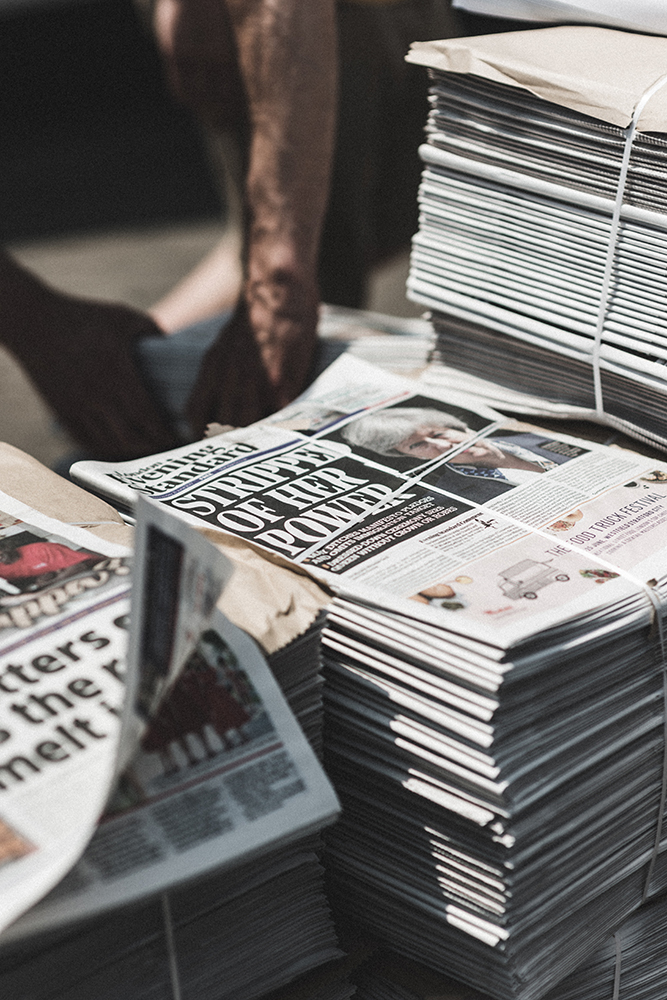Top Australian health expert Jane Halton says as soon as a country finds a vaccine, the urge to supply locals first could impede global distribution
A coronavirus vaccine will result in significant calls to supply locals first, a form of vaccine nationalism that will leave all worse off, the chair of the Coalition for Epidemic Preparedness Innovations has warned.
Jane Halton, who is also a former head of Australias health and finance departments, issued the warning at the National Press Club on Monday.
Halton told reporters there is a reasonable chance of developing a Covid-19 vaccine because although 94% of vaccine candidates fail there are 130 groups working on the problem worldwide.
With seven different categories of vaccine on trial and 20 candidates in the other category, Halton said the scientific community is doing well to get the maximum shots on goal.
The Coalition for Epidemic Preparedness Innovations has backed 10 candidates, including one in Australia that could go to human trials as early as July.
If a vaccine is identified, production should be globally distributed to guard against vaccine nationalism, she said.
Sign up for Guardian Australias daily coronavirus email newsletter
A vaccine is critical to returning to work, global trade and tourism, so if we have vaccine nationalism, and one country looks after itself first, and at the expense of the rest of the world, everyone is going to continue to suffer, Halton said.
The World Health Organization is working out a list of priority recipients including first-responder health workers, the elderly and immunocompromised.
Now, this is hard, because its going to require people to cooperate.
And the urge for domestic priority, I think, will be very significant.
After a country has produced a vaccine and served its vulnerable citizens it will need to determine what share of that is going to vulnerable people around the world at the same time, Halton said.
At the moment, were all in it together. As soon as there is a vaccine, I fear that we may not be quite all in this together as we have been.
Halton, a member of the WHO board for three years, said she could understand the concerns of our friends in China about being blamed for Covid-19 but defended a proposed investigation into the zoonotic origins of the virus as the best way to prevent it from happening in the future.
Halton, also a commissioner in Australias national Covid-19 Coordination Commission, warned against complacency now Australia has begun to ease restrictions.
She said a its all good attitude would reduce social distancing and could cause a really bad outcome for the elderly and immunocompromised.
Halton said the Australian states do not work in hermetically sealed spheres and although she understood states being nervous about taking down internal border controls, she was not convinced current border controls were the best way to manage risk.
Halton also foreshadowed a greater role for the commission in planning Australias economic recovery after the immediate challenges of ensuring enough personal protective equipment had been met.
The commissions chairman, Nev Power, has publicly backed a fertiliser plant and spruiked natural gass role in powering domestic manufacturing since taking the role.
We will turn our focus to what is actually going to get our economy kickstarted, Halton said.
What we want to be able to see is an increase in productivity in our economy. And we will be working with the government on what some of those ideas might be.

